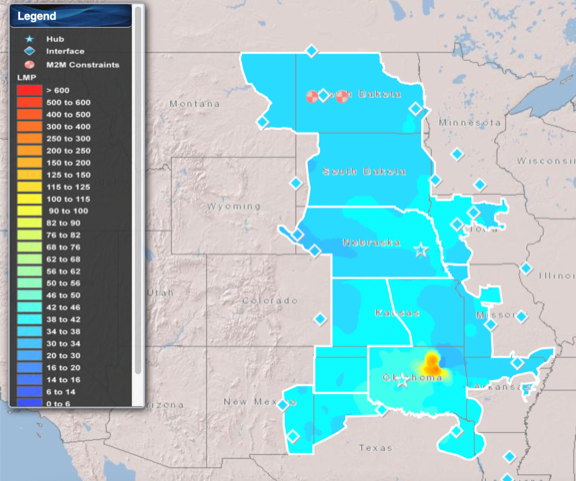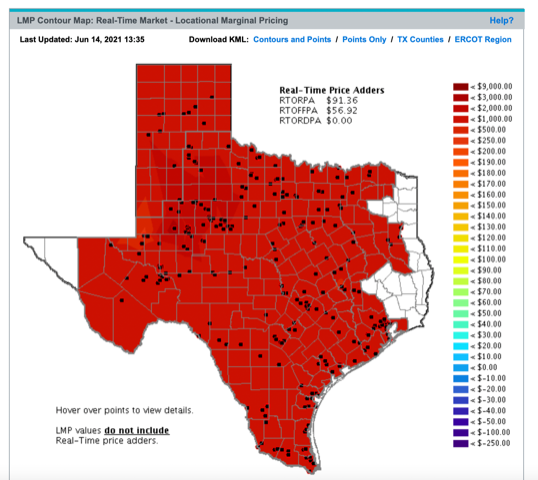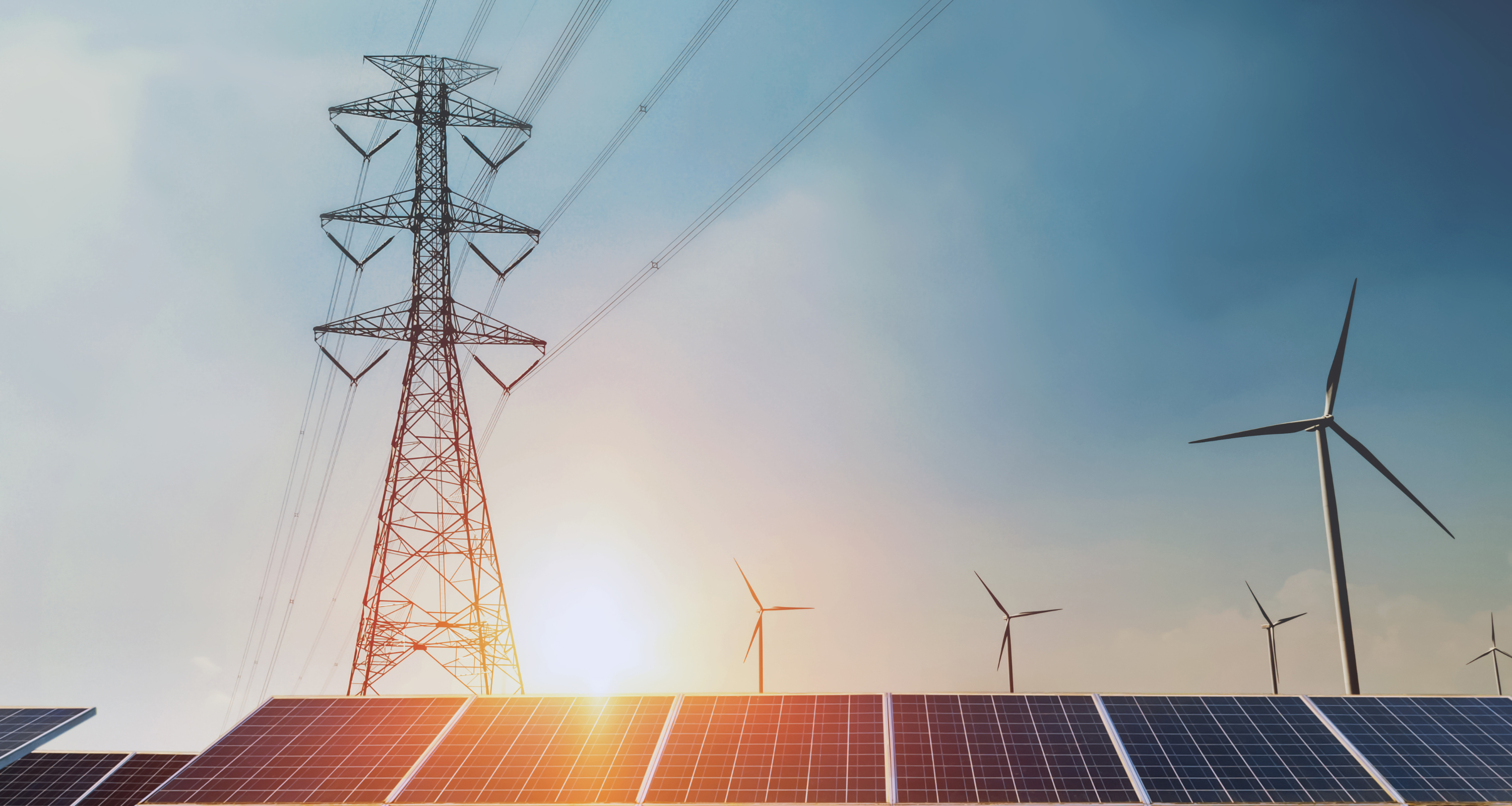WSJ Factcheck: Renewables Are Not to Blame for Recent Power Outages and Grid Issues in Texas and California
By: ACORE Communications Team
June 24, 2021
The Wall Street Journal Editorial Board continues to spread blatant misinformation to promote the false narrative that recent power outages and grid issues in Texas and California were caused by the increasing presence of renewable power. Following four rejected attempts to allow us to correct the record in their publication, here are the facts:
- Efforts to score ideological points by blaming renewables for the grid issues in Texas and California ignore clear evidence to the contrary, and run counter to the conclusions of the Electric Reliability Council of Texas (ERCOT) and the California Independent System Operator.
- ERCOT cited reduced natural gas availability and frozen instruments at natural gas, coal, and nuclear facilities as the leading causes of power outages in February. By contrast, wind was cited as “the least significant” contributor to blackouts.
- 80% of the forced outages in ERCOT territory this June were coal, nuclear or gas plants.
- Renewable projects provide affordable power, and they have proven less susceptible to the impacts of climate-induced weather extremes than fossil-fired or nuclear power plants.
- Renewable energy helps us avoid the worst impacts of climate change, a particularly important matter given new data indicating that global greenhouse emissions are climbing rapidly.
- With better transmission connections to the neighboring regional grid operator, the Southwest Power Pool (SPP), Texas would have no problem meeting its power needs, and could take advantage of SPP energy market prices that were up to 100 times lower than prices in ERCOT when the Texas grid was stressed on June 14.
The WSJ Editorial Board did not need to look any further than their own newsroom to know that natural gas shortages led to the disastrous power outages that impacted millions of Texans earlier this year. Taking political shots at renewable generation is of little help when it is widely apparent that to ensure a more reliable power supply during these increasingly common extreme weather events, we need to modernize and upgrade our outdated and balkanized electrical grid. What editorial pages should be urging is construction of a nationally integrated Macro Grid to send available power to where it’s needed, which would enhance grid reliability, save consumers billions of dollars, deliver significant job creation and dramatically reduce greenhouse gas emissions.
June 14 SPP Locational Marginal Prices

June 14 ERCOT Locational Marginal Prices

Join leaders from across the renewable energy sector.

What will our next 20 years look like? Here’s the truth: they’ll be better with ACORE at the forefront of energy policy.
Shannon Kellogg
Amazon Web Services (AWS)
